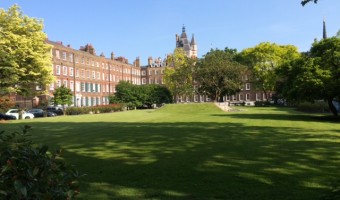Getting comfy with learning in an historic High Holborn hang-out
Perhaps not the first adjective one associates with science, but I challenge you to step into the front parlour at historic Chancery Lane pub, Cittie of Yorke, and not feel totally cosy. Cosy Science is a series of talks put on by University of London postgraduate science students one Tuesday evening every month. They began in 2012 with a talk from the now-defamed Tim Hunt, entitled appropriately, ‘How to win a Nobel Prize.’ “We asked him to do it sort of as a joke,” says Nathalie Schmieg, an organiser, “and couldn’t believe it when he said yes.”
The aim of these soirées is to bring concepts from top working scientists to interested people of all backgrounds and levels in an informal, conversational environment. Over the group’s four-year run, subjects have ranged from the science behind babies’ laughter to stem cells in amniotic fluid and the social habits of dinosaurs. Speakers present for 20 minutes, explaining their often complex research and theses in layman’s terms, then there’s a short break for drink refills and a “cosy” logic game in the vein of the evening. Typically, these are coded maths or word games, and in my experience, they’ve been no simple puzzle. People who complete this correctly, in the time allotted, are awarded a prize, before question-and-answer sessions begin between the speakers and audience.
CoSci's
CoSci’s (as they are known for short) last two events followed this multifarious pattern. In June, three speakers formed a panel to “bust” food myths. A biology student, an NHS nutritionist and a chef weighed in on the fads and trends that influence our diets and attempted to extract fact from fiction - much to the chagrin of people who ordered steaming plates of chips to enjoy during the discussion.
In July, the topic was ‘Gene-hacking for everybody!’, presented by Philipp Boeing, co-founder of Bento Lab, a portable and easy-to-use DNA lab. He related the biological citizen science, which is growing in popularity internationally, to the phenomenon of computer hackers, highlighting the importance, possibilities rights and risks of such exploration. Bento Lab is based on a community of knowledge sharing, and hopes to increase general access to often esoteric fields like genetics and molecular biology. This ethos it shares with CoSci.
genders and ages
Science fans of all genders and ages (actually, the evenings seem very popular among young women - perhaps drawn by the idea that irresistible Tim Hunt could make a cameo?) flock to the Cittie of York to participate, an attraction in its own right. The building is Grade II listed and appears to be in fine Tudor splendour. True, there has existed a pub on its site since 1430, but the current building is a 1920s recreation. The front parlour somewhat cheesily pays tribute to its Holborn residents over the years, with slightly cartoony portraits of Samuel Johnson and the like adorning the panelling. However, its literary tradition is not quite so ancient - a recently discovered Dylan Thomas poem, Song, pays tribute to long bar that makes up the pub’s main chamber, called “Henecky’s Bar.” Indeed, the bar and the row of intimate booths opposite it (often occupied by barristers from nearby Temple Bar) are a striking feature; Thomas refers to it as the “Buckingham Palace of Booze.”
Though the Cittie of Yorke is now owned by chain Samuel Smith, this moniker is still deserved. A range of organic fruit beers, ales, ciders and stouts are on offer, in addition to wine and cocktails. Smith’s ales are matured in slate Yorkshire squares and have used the same strain of yeast since Victorian times. The most popular of these, Old Brewery Bitter, is made from hard water drawn from a well originally sunk in 1758. Cittie of Yorke specifically boasts London’s only ale served from a wooden cask. So, when Philipp mentions that the taste of a beer relates directly to the genetics of the yeast used to ferment its component grains, everyone nods and sips appreciatively. He says nothing about Cittie of Yorke’s pies, though, so someone should: they are delicious, and highly recommended.


“It’s pretty rare that you get to speak to a scientist whose book you just read about his or her work in the comfort of an historic pub,” says attendee Pedro Santos between forkfuls of one (pulled pork and cider). He’s referring to the time he met eminent epigeneticist Nessa Carey at an event. “It’s important for the populace to understand science because it governs their lives,” he goes on to say. “Otherwise, forces that govern ourselves and our universe seem like some unexplainable magic.” He’s right. As surreal and serene as the atmosphere is, it is primarily one of learning and enlightenment. A salon like any from London’s golden past. Attention is rapt, respect is given, drinks are dandy and cosiness reigns.
 Cosy Science
Cosy Science

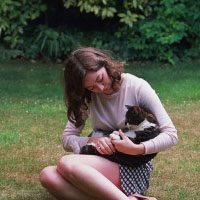
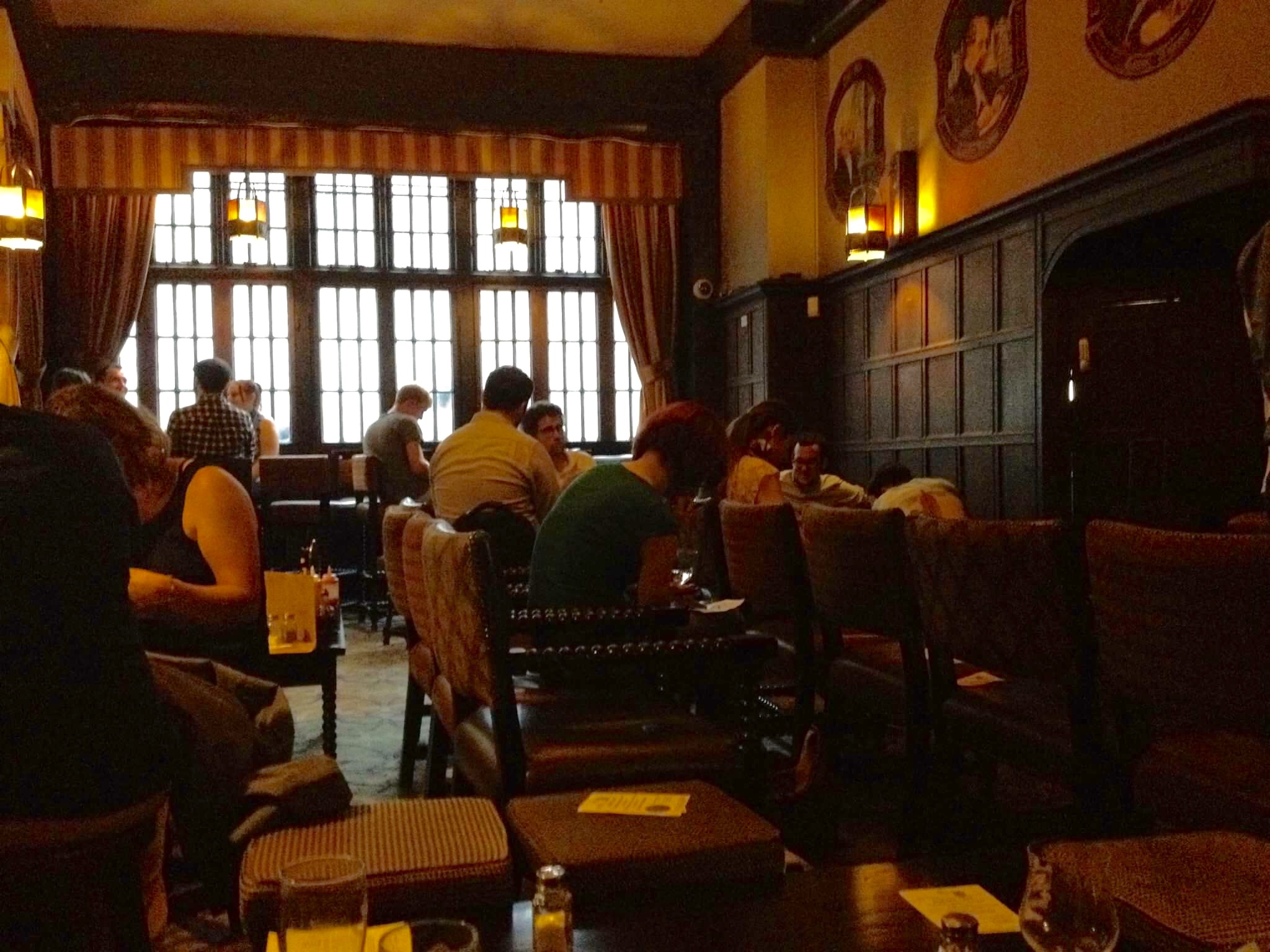
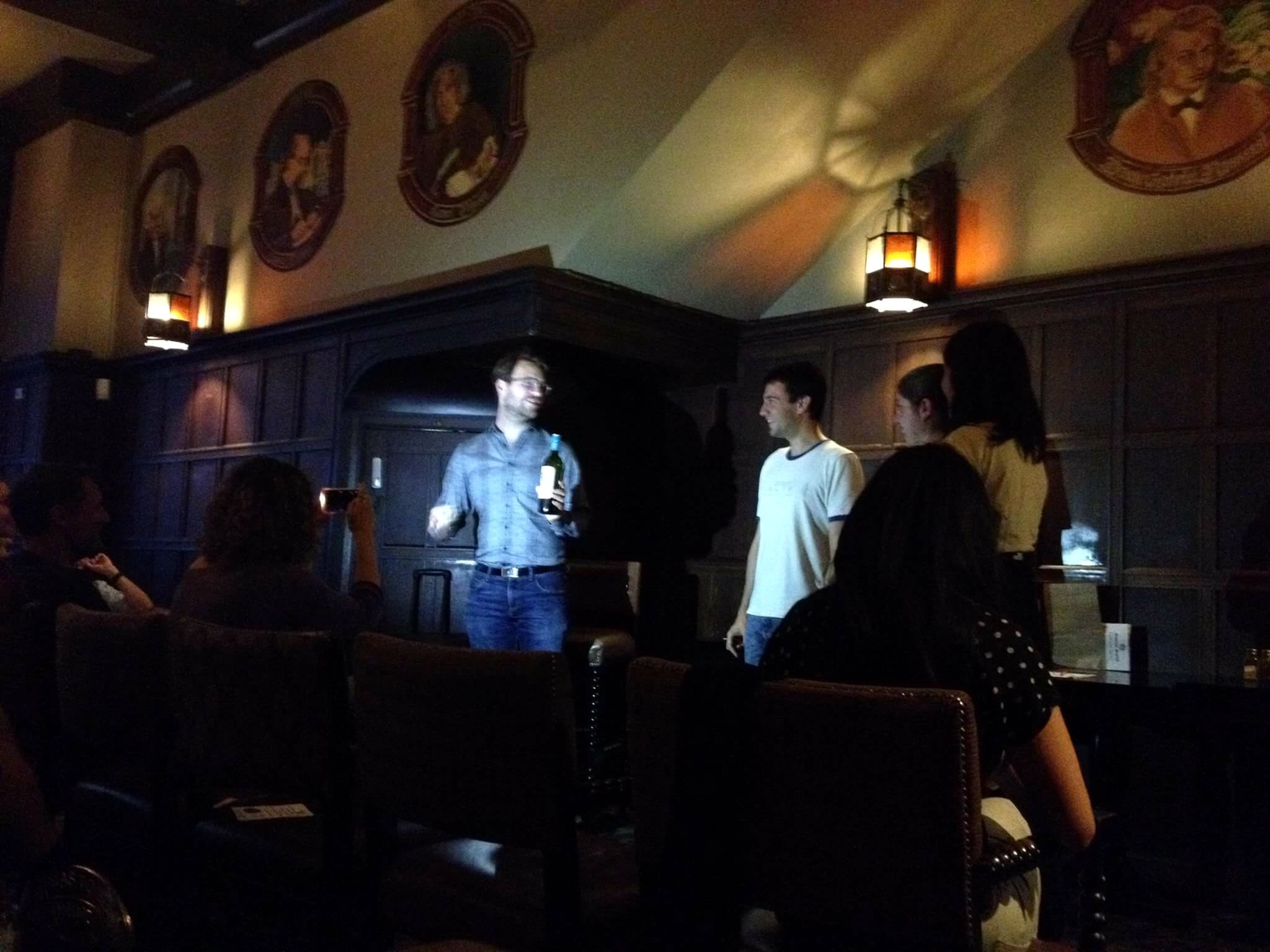
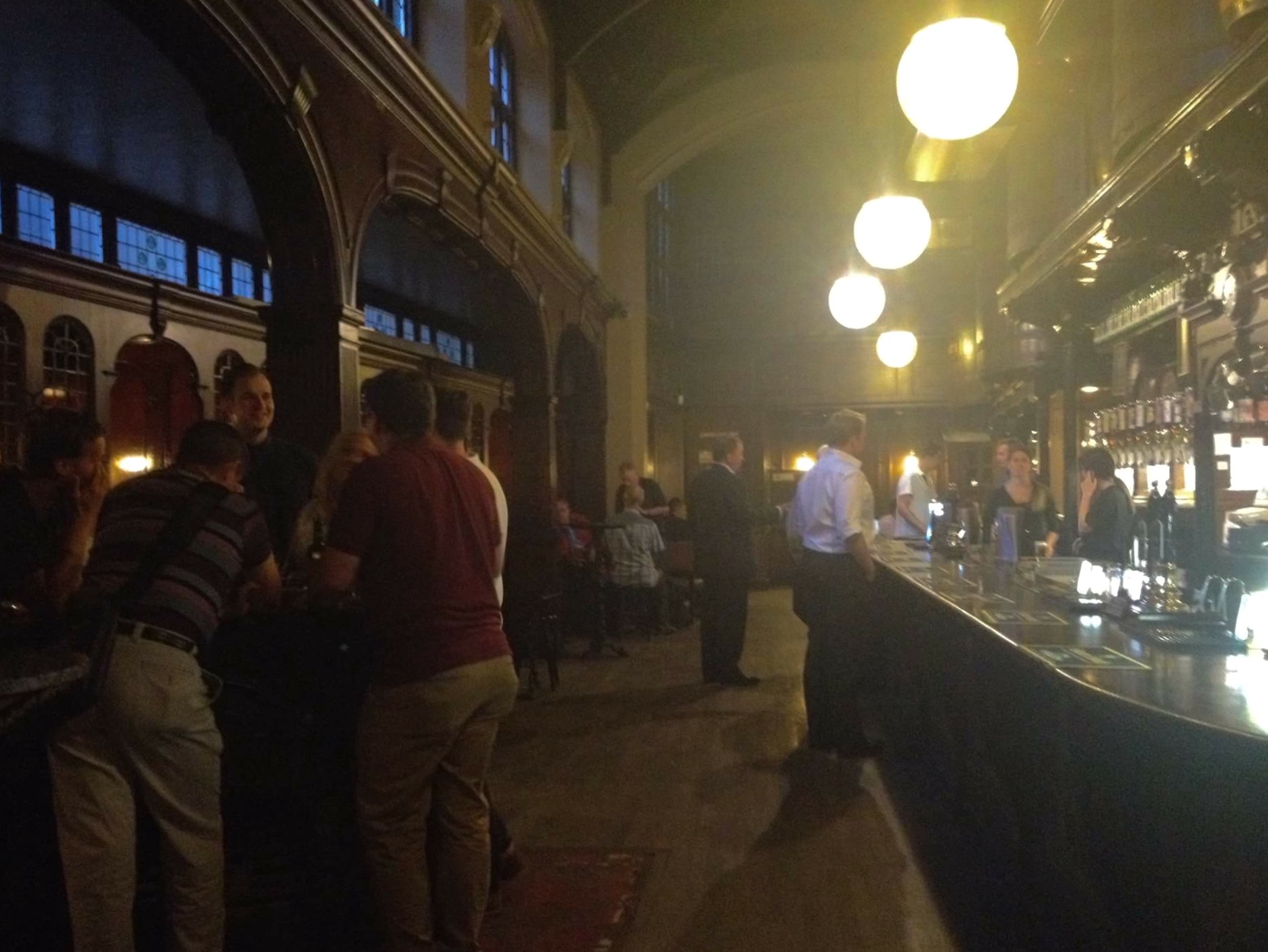
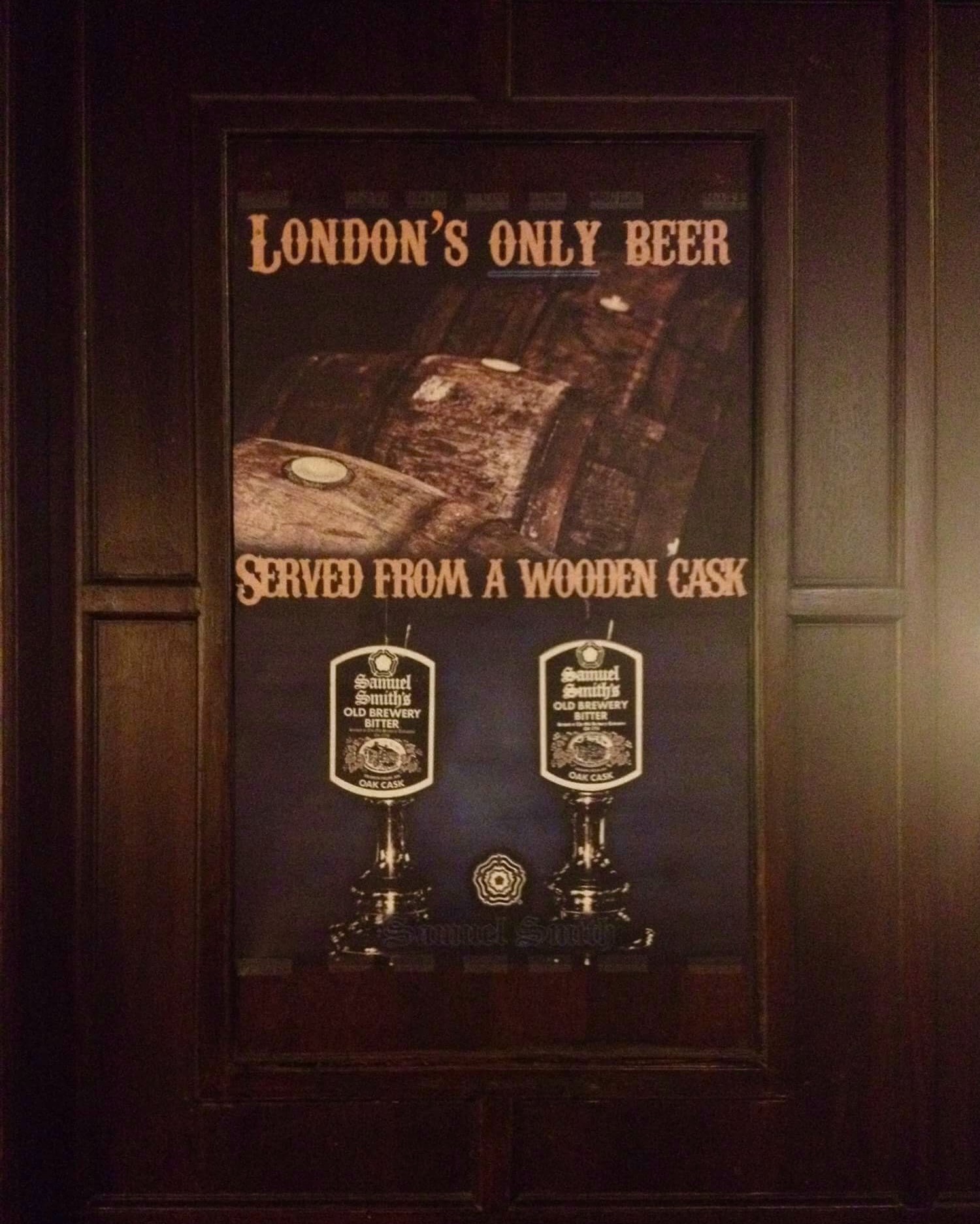
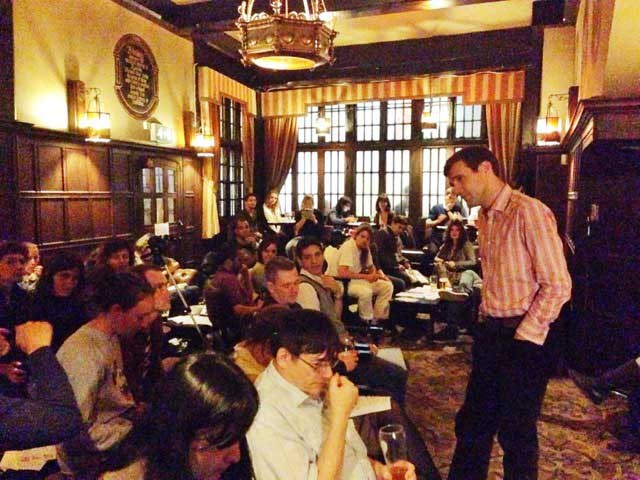
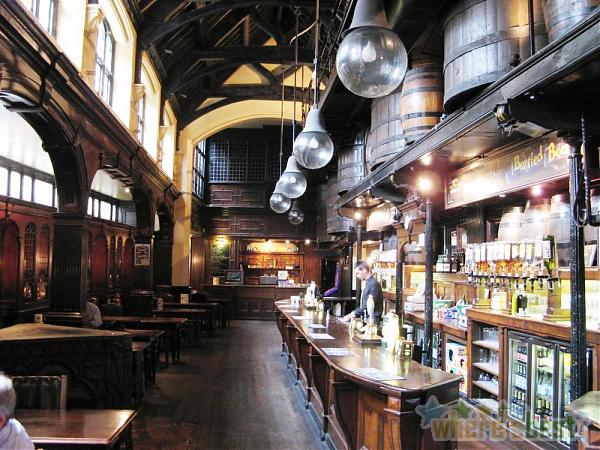
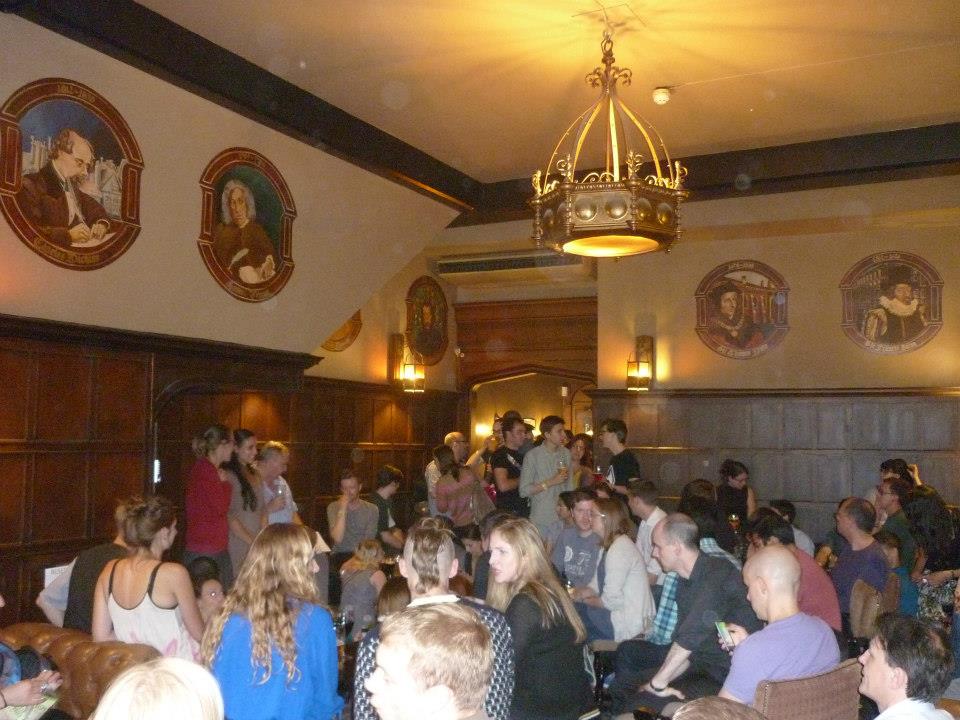
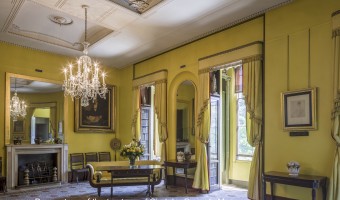
 Load more triptoids
Load more triptoids